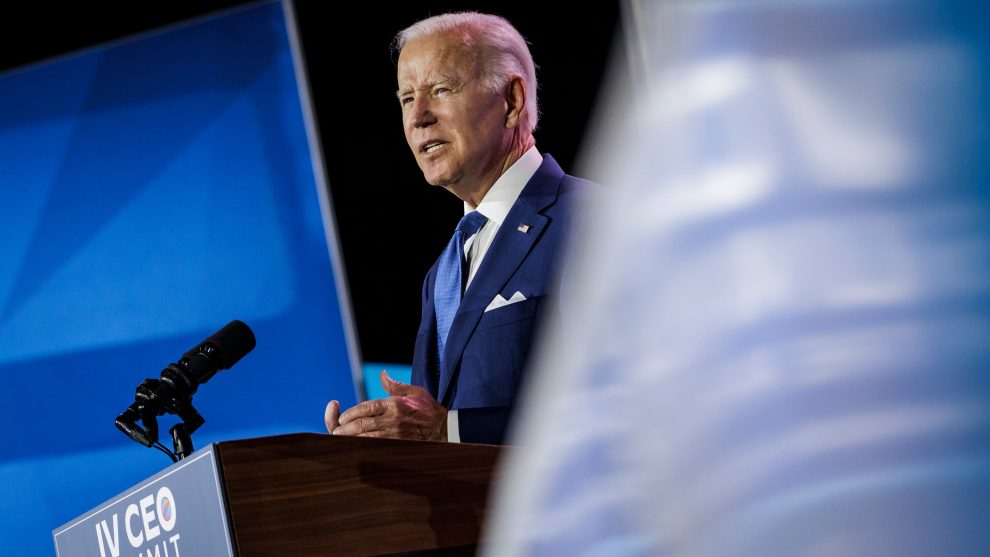The Consumer Price Index (CPI) rose 7.7% between October 2021 and October 2022, according to a Thursday report from the Bureau of Labor Statistics, showing that inflation has begun to slow amid harsh contractionary policy from the Federal Reserve.
The month-to-month increase of 0.4% fell below analysts’ forecasts, while core inflation, which factors out the more volatile food and energy categories, rose 0.3%, also falling below forecasts. A 0.6% surge in food prices and a 0.8% increase in shelter prices contributed to the headline number as energy prices reversed their downward trajectory to surge 1.8%. A decline in prices for used vehicles of 2.4% appears to have been one of the elements responsible for the lower headline reading.
Year-over-year inflation in October was lower in comparison to the previous month’s reading of 8.2%. Energy costs have fallen from their peak earlier this summer to produce a moderation from the 9.1% inflation rate in June and the 8.5% rate in July, although gasoline prices have since returned to an upward trajectory.
Officials at the Federal Reserve have increased target interest rates by 0.75% four consecutive times, reflecting a desire to manage rising price levels. Many leading economists have criticized the central bank amid the return to a contractionary monetary regime, claiming that officials who were slow in their response to rising price levels over the past two years are now inflicting undue harm through their zeal to combat inflation.
The Biden administration has generally denied the role of omnibus spending packages in worsening cost pressures. He said in a statement reacting to the September inflation report that the data “shows some progress” and claimed that the nation is in “a stronger position than any major economy to take on this challenge.”
Ahead of the midterm elections, polls consistently revealed that voters had their eyes on the economy and inflation more than other issues, with Republicans leading Democrats by a double-digit margin concerning trust in handling the economy. Many conservative commentators attributed lackluster performance in high-profile races to poor candidate quality.
Rising food prices are expected to impact households celebrating the holiday season. Ahead of Thanksgiving, the cost of an eight-pound turkey hen has increased from $1.15 per pound last year to $1.47 per pound this year as an outbreak of the avian flu affects poultry flocks nationwide. Meanwhile, expected growth in holiday retail sales between 6% and 8% are expected to be completely eclipsed by rising price levels, according to data from the National Retail Federation.
Constrained fossil fuel production and refining, as well as the Russian invasion of Ukraine, have limited energy supply in the United States. The average household primarily using natural gas for space heating will spend $931 on power from October to March, marking a $206 increase since last year, according to a winter fuels outlook from the Energy Information Administration.
The White House announced the release of large portions of the Strategic Petroleum Reserve over the past several months, which led critics to argue that officials were merely attempting to reduce energy prices ahead of the midterm elections to improve the odds for their legislative allies. The national average price for gasoline surpassed $5.00 per gallon this summer, even though prices at the pump are currently $3.81 per gallon, according to data from AAA, marking a 60% increase since Biden assumed office at the beginning of last year.
Story cited here.
























